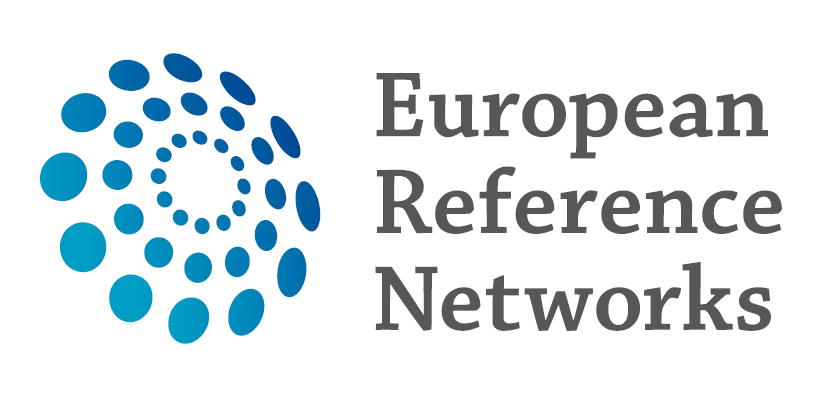MOOC
« Diagnosing Rare Diseases : from the clinic to research and back »
Mise à jour jeudi 19/06/2025

Résumé
Ce cours en ligne gratuit, développé dans le cadre du Programme Européen Conjoint sur les Maladies Rares (EJP RD) (https://www.ejprarediseases.org/), a été co-créé par l’ERN ITHACA, l’ERN GENTURIS, EURORDIS et la Fondation Maladies Rares.
Le MOOC aborde les grands thèmes du diagnostic des maladies génétiques rares
Discover the role of research, clinical investigation and data sharing in diagnosing rare diseases.
Learn about rare diseases diagnosis, genetic testing and diagnostic research
Around 30 million people in Europe are living with a rare genetic disease (a disease that affects less than 1 in 2,000 people).
This course offers an exploration of key questions around rare disease diagnostic research and issues today, as well as insights into patient experiences.
Learn about rare genetic disease diagnosis and testing
Over the last two decades, a lot of progress has been made in diagnosing rare genetic diseases.
You’ll discover more about the progress made through diagnostic research, as well as the types of genetic tests available for rare diseases, and the impact of having a diagnosis–or lacking a diagnosis–on patients’ lives.
You’ll explore key issues relating to rare genetic diseases and undertake your own internet-based investigation into several diagnostic research topics.
Understand the impact of technology in diagnostic research
Technology plays a significant role in diagnosing rare diseases.
As part of this course, you’ll explore technological advances in medical research and rare disease diagnosis, and discover the importance of data sharing, as well as the role of technology in the context of understanding the human genome.
Gain insights into patients’ experiences of rare genetic disease
This course also offers you the opportunity to gain insight into the lives of patients living with a rare genetic disease.
Guest lecturers from the field of rare diseases will also discuss their current research projects and share information from their direct work with patients.
Type de formation
PROGRAMME autre
Description
This course is designed for individuals with a keen interest in diagnostic research and rare diseases. While primarily designed for medical students and PhD/post-doc students in biomedical sciences, it will also be of interest to Patients Advocacy Organisations’ representatives, Healthcare professionals or paramedics who want to further their knowledge of rare diseases diagnosis.
Durée de la formation
- 5 weeks
- 3 hours per week
Disciplines
- Le processus diagnostique et les différents tests génétiques disponibles
- Les parcours de soins spécifiques aux maladies génétiques rares
- Les avancées technologiques dans la recherche diagnostique
- L’importance des études collaboratives et du partage des données
- L’impact d’un diagnostic – ou de son absence – sur la vie des patients
- La contribution des approches physiopathologiques et des sciences sociales dans le diagnostic des maladies rares
Frais
sur le site internet
Formalite
En ligne
Nombre de places
illimité
